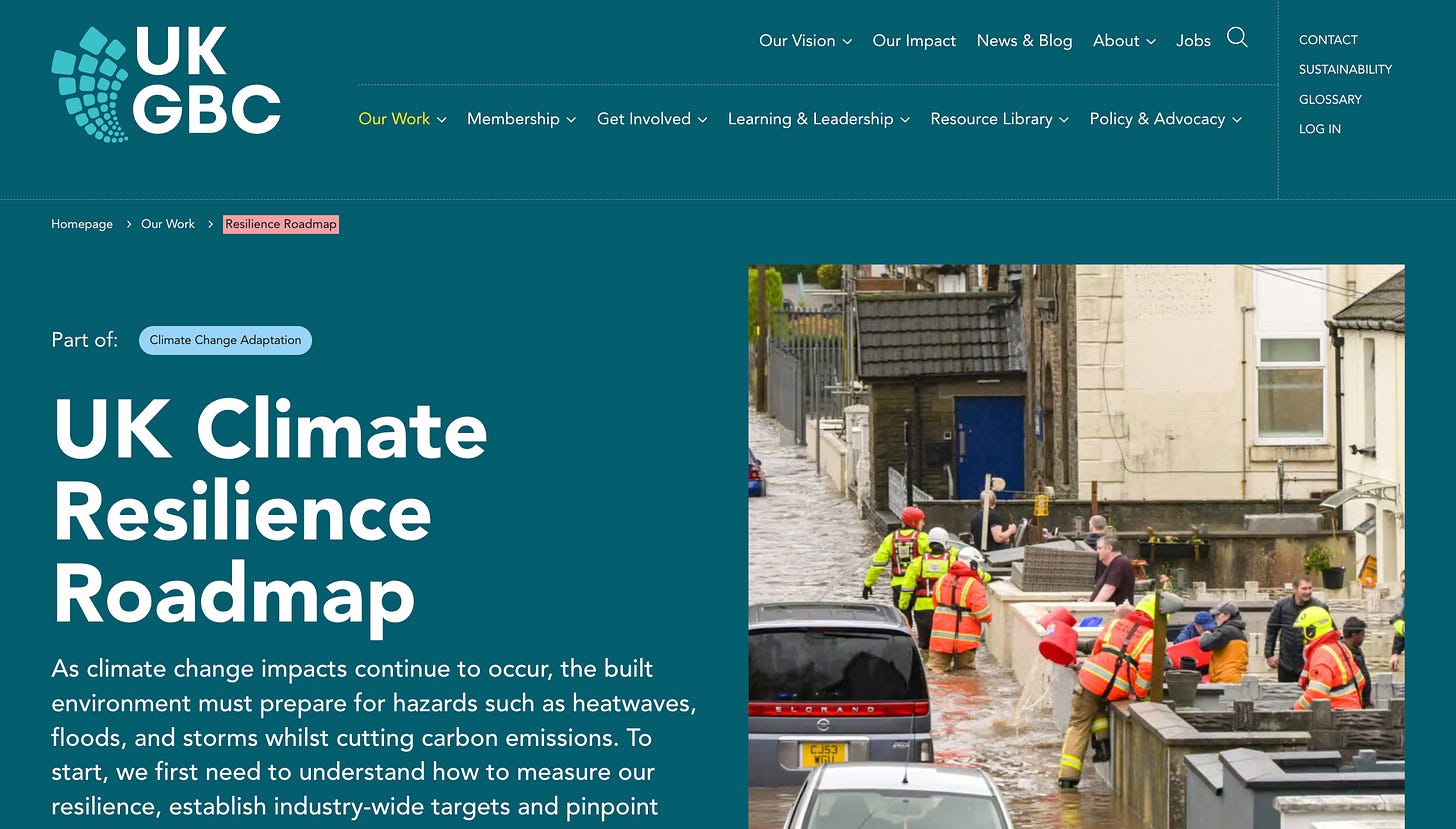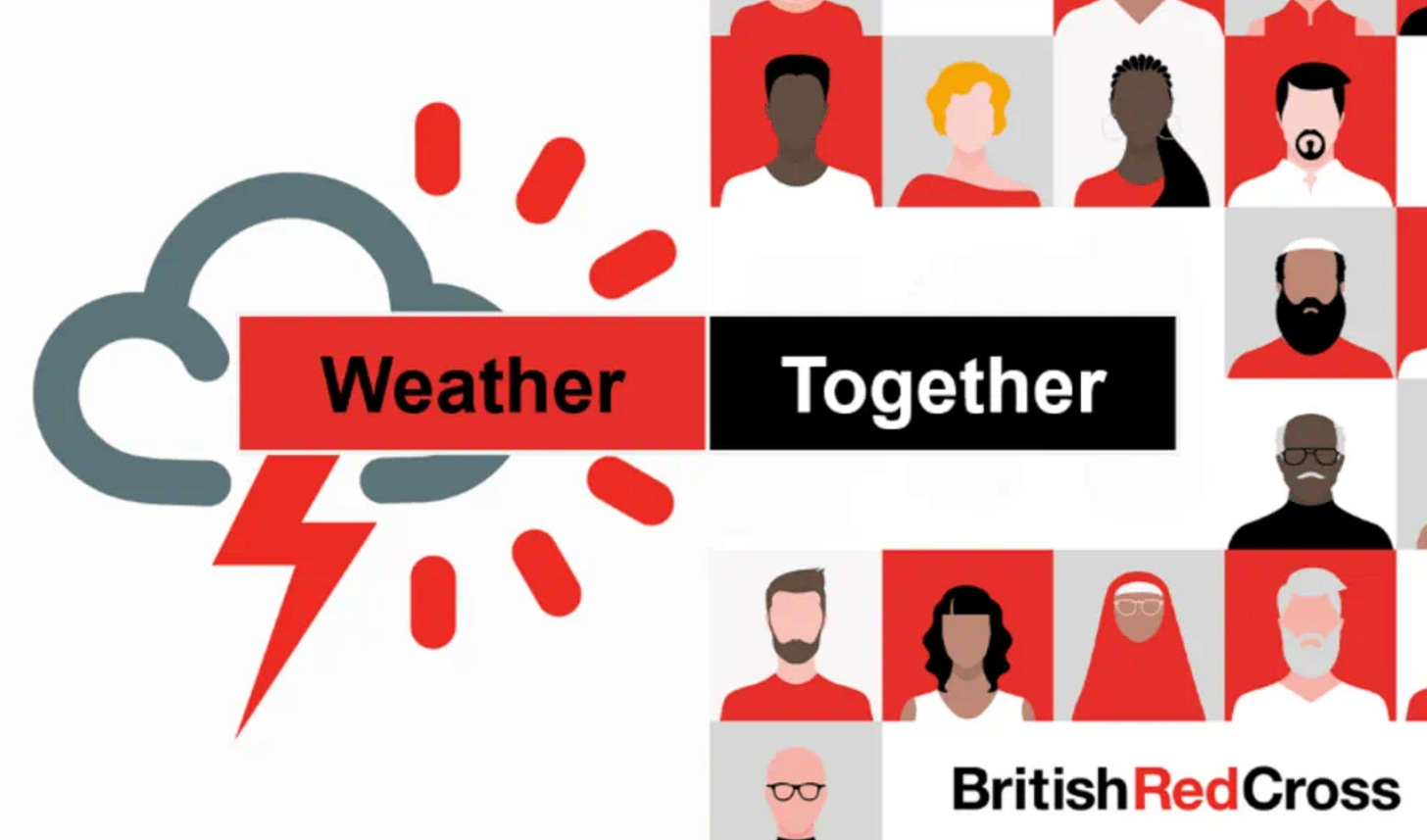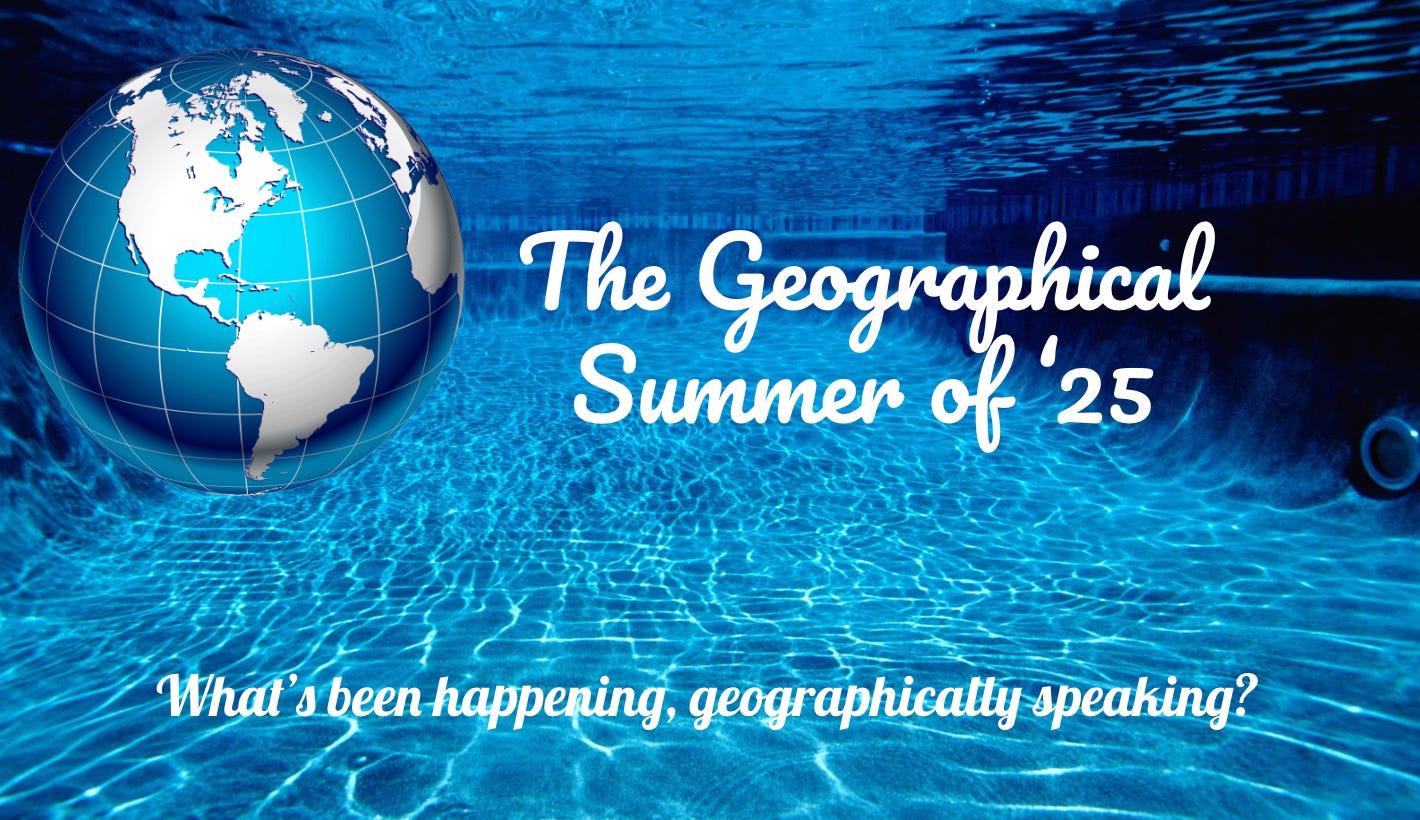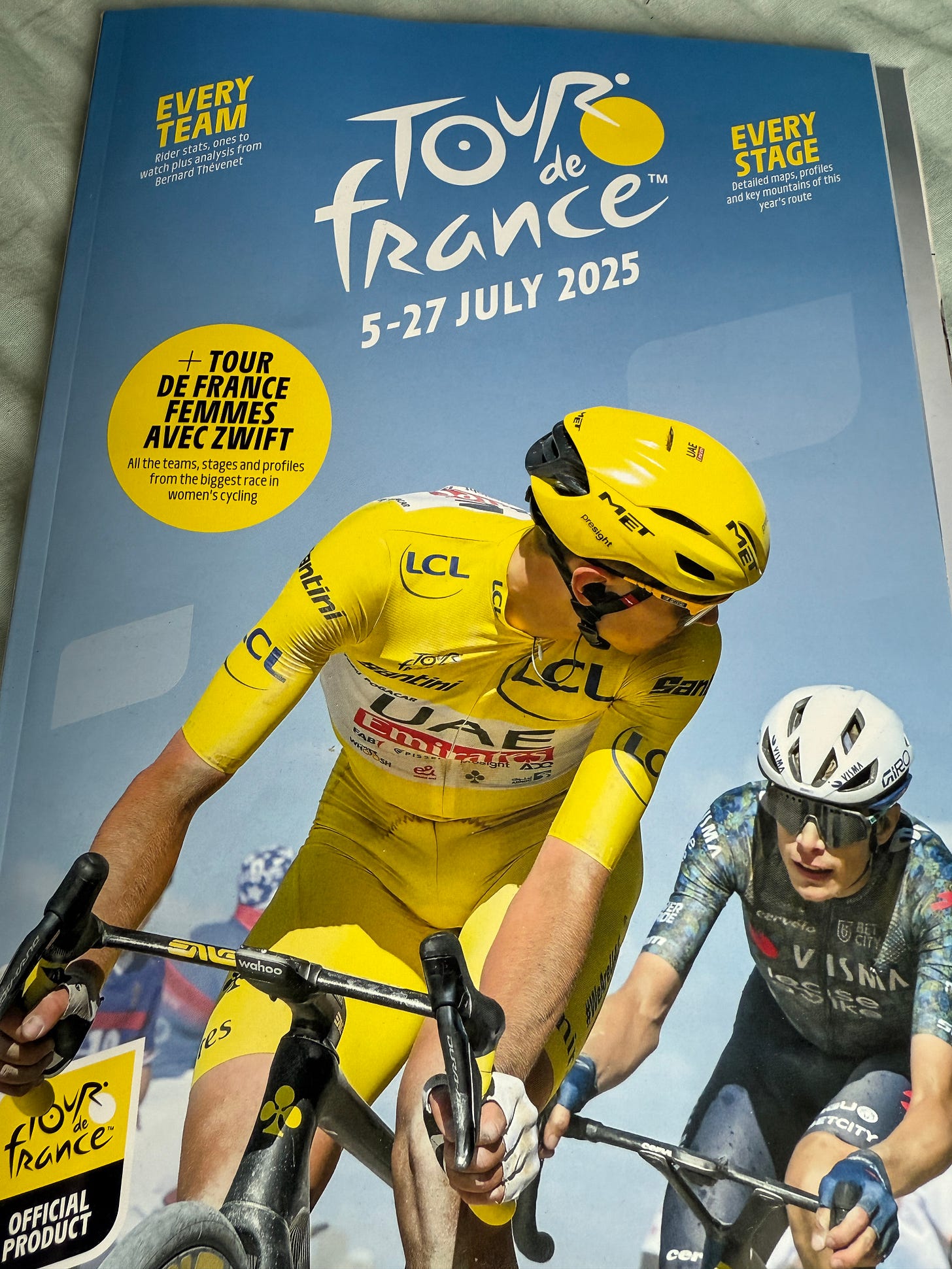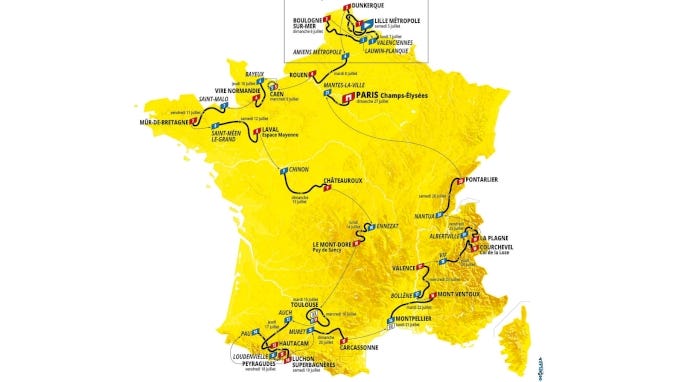Welcome to the twenty sixth weekly newsletter providing a summary of key posts on the LivingGeography blog.
This marks the half way point of the year since I started this newsletter on January 1st. Thanks to those who have been here since the beginning.
Each newsletter will usually include a number of sections:
a digest of posts from the LivingGeography blog (and other blogs)
any important geographical news
an update on any personal projects
details of books that I am reading, or cultural experiences
a couple of nice images taken this week
events that you might be interested in
Posts this week included
The launch of a new Climate Resilience Roadmap which was trailed in a report in The Guardian. This suggests that school (and other buildings) aren’t ready for the lengthy periods of heat we are likely to experience in the future. We have been exploring this with our Year 6 students as we close the year with a unit on Heatwaves, which always coincides with one… this last week has been no different. Paris was put on Red Alert on Tuesday this week.
Italy even limited outdoor work this week.
The students have come up with lots of ideas. It’s also been added to by the Is the UK hot right now? website of Ed Hawkins and colleagues from the University of Reading.
I have a feeling that we will seek out cold places for our holidays in the way that for decades people sought out hot places for their holidays. We will have a very different relationship with heat. Our bodies don’t generally get on well with it, as it has some bad physiological effects on them.
The report has some interesting recommendations which are outlined in the post. They focus on some of the recognised threats including Overheating, Drought and Wildfires.
A copy can be downloaded from this page.
Don’t forget the Red Cross’s Weather Together resource as well in the same vein.
The Discover the World Big Summer Geography Quiz has landed. Check you emails for a link to download if you are on their mailing list. This would make a good activity for those final odds and bits of lessons.
Created by a team of former geography teachers, and developed in partnership with the Geographical Association, Geography Southwest, Geography All The Way, and Geographypods, this quiz is designed especially for KS3 students but includes plenty to stretch KS4 and KS5 too.
There are some really creative rounds this year. I like Matt Podbury’s album cover round and also Richard Allaway’s AI or Real round with some images of landscapes. Check out their International Training events too.
Glastonbury took place last weekend. I was there 15 years ago and the scale of the festival can be identified using a map tool on this post. It was quite an experience.
Check out Timeguessr. Thanks to Emma Espley for the tipoff here.
A piece on Benidorm.
News
The main news for teachers is that the summer holiday is getting ever closer. In fact I only have 2 half days of term left after today: a half day tomorrow, ending with a Cathedral service, followed by a trip down to UCL to present at a day for ITE Mentors along with Margaret Roberts - always a joy. That’s followed by a half day of planning and preparation followed by the Staff BBQ.
I’ve had Wednesdays off this academic year and I branded them Worldly Wednesdays and added a post each week for the year. Today will be the 36th and last of this year. They will return in September when I will once again have Wednesday off… but they will be joined by my Thoughtful Thursdays. More on that after the summer…
Preparing some resources for the start of the academic year based on Gapminder’s Worldview Upgrader. Students are challenged to gain certificates in several of the SDG quizzes. How would you answer this question?
Image: Gapminder - CC licensed, as is all their content
Projects
More writing and some PGQM moderation to do this week, and some consultancy bits. I also updated a chapter based on my Fawcett Fellowship research.
I’ve started my usual summer holiday project of a collaborative slide deck capturing some key geographical stories over the summer to make a point that geography happens everyday, even in the holidays.
If you want to contribute to it, please go here.
Books & film
I’ve been dipping into ‘More than a Shirt’, and read ‘The Whispers of Rock’ through for the second time so that I could finish my in depth review which will come out later in the year just ahead of publication. The book can be pre-ordered from Amazon, or your local independent bookshop for preference.
I also bought a 2nd hand copy of Mark Beaumont’s ‘Africa Solo’: the account of his unsupported 10 000km journey by bicycle from Cairo to Cape Town to help with a lesson I’m planning.
I also went to an opening weekend showing of Danny Boyle and Alex Garland’s ‘28 Years Later’ which was excellent, and filmed in Northumberland including on Holy Island, and at Sycamore Gap (complete with tree). I really enjoyed it, and a return to form for Danny Boyle. Plenty of themes and talking points, and good performances from Ralph Fiennes and others.
Images
A few images I took this week.
This is the annual guide to the Tour de France, with a large format map of the route. The 112th edition of cycling’s most iconic race includes 21 stages, two rest days and a wide variety of terrain—from flat sprinter-friendly routes to grueling mountain climbs in the Alps and Pyrenees.
This year’s route starts in Lille Métropole and quickly tours the northern coast, before descending south through historic towns, volcanic climbs and legendary ascents.
The race features two individual time trials (Caen and Peyragudes) and mountain stages that will define the General Classification, including Mont Ventoux!
Image: Alan Parkinson, shared on Flickr under CC license.
I finish for summer on the 4th of July and the Tour starts on the 5th - if you need me for the next few weeks you know where to find me…
Events
The date and venue for the GA Conference 2026 have been finalised and announced. Time to get your submissions in for a session. It’s a great way to feel more involved in the event.
For this year’s Rex Walford Award, the RGS are asking trainee or early career geography teachers to create a short scheme of work which encourages their students to create their own poster (or Esri StoryMap for KS5) on the theme ‘Understanding Islands’ and enter it into our Young Geographer of the Year competition 2025.
The RGS judging panel are interested to see lesson plans and accompanying resources that link directly to the curriculum and encourage students to think about:
Islands that demonstrate the geographical processes, topics and themes that they learn about through geography.
The similarities and differences between islands, what connects them and what makes them unique.
How the unique geography of islands can differ depending on socio-economic, political, environmental and physical aspects.
The challenges that islands face, and the solutions presented to them at local, national and international scales.
As the term ends, this is the perfect time to plan something creative for an entry for the competition. I’d love to meet one of you in December to present you with your award.
Something else the RGS offers is the chance to gain Chartered Geographer (Teacher) status alongside Fellowship (with the associated benefits that brings).
Have you thought about applying for Chartered Geographer (Teacher) status. This is a great way of celebrating and recognising the work you do that goes over and above the day job, and providing recognition for the professional status of teachers. You need to have been teaching for at least six years, and go through a process of moderation and evidence gathering.
The latest episode of GeogPod #94 features the current GA Presidential trio.
A new exhibition is going to be at the Wellcome Collection for the next 6 months or so.
It is called Thirst and explores our relationship with freshwater.
Thirst is a universal human experience shared with most living beings. With only 3% of the water on Earth being freshwater, our land thirsts too.
'Thirst: In Search of Freshwater' explores humanity’s vital connection with freshwater as an essential source of life and pillar of good health.
From ancient Mesopotamia and Victorian London to modern-day Nepal and Singapore, the exhibition highlights the vital role of freshwater in shaping health and ecosystems; the consequences of mismanagement, like the spread of infectious disease; and community-led solutions to the global water crisis.
The exhibition also features a film by Gideon Mendel.
I shall be visiting on a future trip to London.
Next week, Mark Enser is presenting a free 45 minute webinar on retrieval practice in Geography for Carousel Learning.
Webinar Details:
Date: Tuesday 8th July
Time: 4:15 p.m. BST
Location: Zoom
Duration: 1 hour
Host: Mark Enser
Can't Attend Live?
No problem: If you can't make it to the live webinar, no worries. Register, and we'll send you a recording afterwards so you won't miss out on the valuable content. We look forward to having you join us for this informative and engaging webinar.




